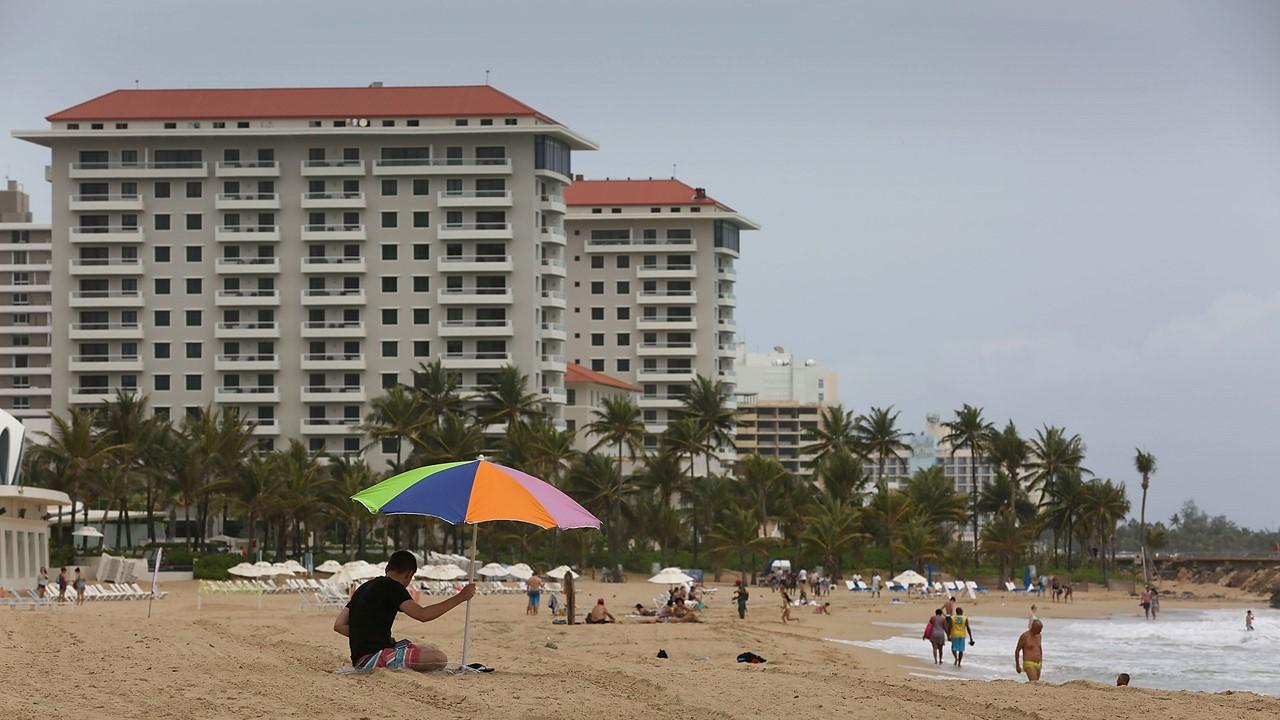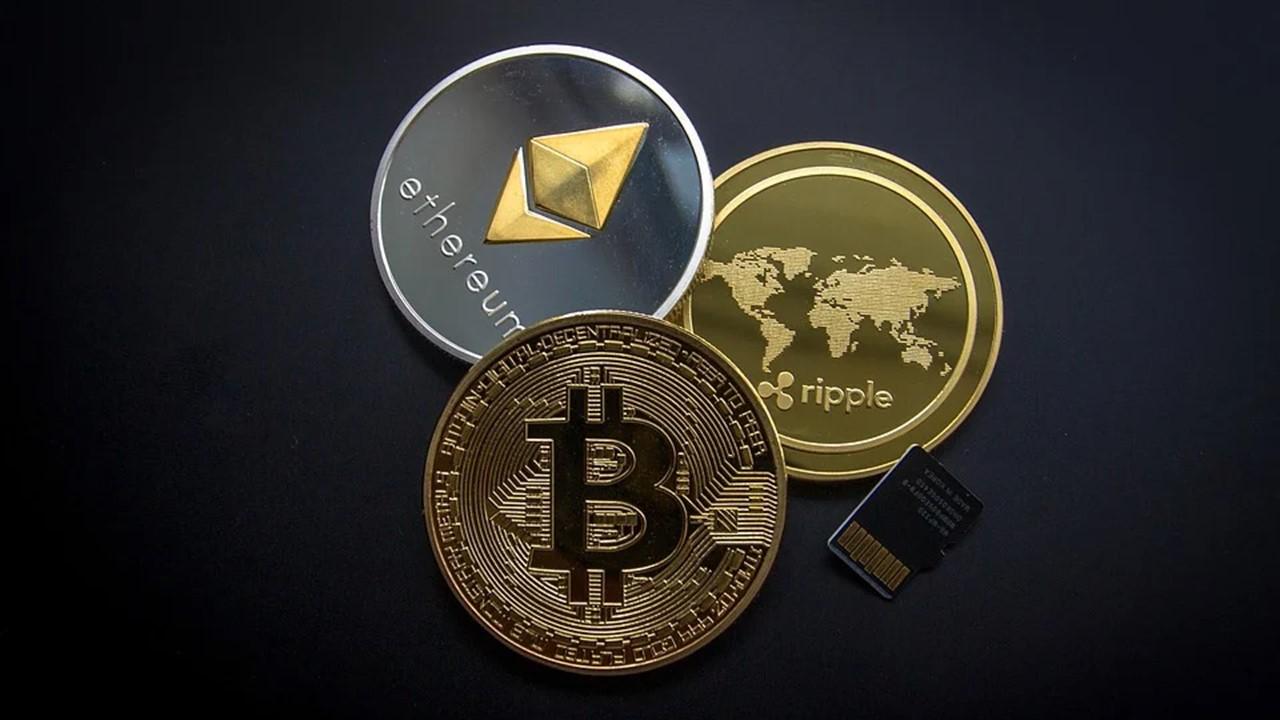Crypto Investors Are Relocating to Puerto Rico Amid a Tax Loophole
U.S. crypto investors are flocking to Puerto Rico due to a crypto tax loophole. Tensions have started to rise as locals complain. What's the Puerto Rico crypto tax loophole?
Feb. 14 2022, Published 2:32 p.m. ET

With Biden’s crypto tax in the infrastructure spending plan expected to take effect in 2024, many crypto investors have started to plan ahead in a bid to minimize the blow. Many crypto investors are interested in the Puerto Rico crypto tax loophole.
Puerto Rico is an island in U.S. territory that's home to a little more than 3 million people. The island has long been a tourist destination. Now, Puerto Rico is a tax haven for crypto millionaires. Before you get on a plane to relocate to the island and enjoy the tax breaks it offers, it helps to know the whole story.

Is cryptocurrency legal in Puerto Rico?
You can buy and sell cryptocurrency legally on the island. Many businesses in Puerto Rico also accept crypto payments. As a result, you can use Bitcoin, Ethereum, and even Shiba Inu to pay for a meal at a restaurant on the island.
Many tech startups, led by entrepreneurs from the U.S., are setting up shops in Puerto Rico to teach locals about cryptos or offer crypto services. Crypto awareness continues to grow on the island, which is attracting more investors into the space.
What is the Puerto Rico crypto tax loophole?
Puerto Rico’s economy has been struggling for years due to earthquakes, hurricanes, and the COVID-19 pandemic. To revive the economy, the island’s government thought out measures to attract foreign money. The government rolled out a tax relief program tied to investment and residency.
According to the DEDC (Department of Economic Development and Commerce), Puerto Rico’s Act 60 grants a variety of tax breaks to resident investors. If you come from the U.S. or elsewhere and purchase a house and make the island your home, you can enjoy tax-free capital gains, dividends, and interest income. In addition to purchasing a house on the island, another eligibility requirement for the tax breaks is a $10,000 annual donation to local charities.

What’s Puerto Rico's crypto capital gain tax?
Resident investors don’t have to pay capital gain tax on profits made in Puerto Rico. In contrast, profits from investments can be subject to a capital gain tax of as much as 37 percent in the U.S. Businesses that operate in Puerto Rico but offer export services are only subject to 4 percent corporate income tax instead of the standard 35 percent.
Puerto Rico’s crypto tax loophole has created tensions.
Since you don’t need a visa to enter Puerto Rico from the U.S., many crypto investors are relocating to the island to enjoy the tax breaks. However, complaints have started to arise. Locals are complaining that the influx of crypto millionaires is driving up property prices so high that they can’t afford to live in their hometowns. Also, the tax breaks offered under Act 60 to resident investors aren’t available to locals.
Some locals have even branded crypto millionaires like Brock Pierce and Logan Paul, who have settled on the island, "colonizers." The rising tension between locals and resident investors has caught the attention of lawmakers in Puerto Rico and the U.S. For example, U.S. Congresswoman Nydia Velazquez wants the IRS to go after crypto investors trying to exploit the Puerto Rico tax loophole, as reported by BELatina.
